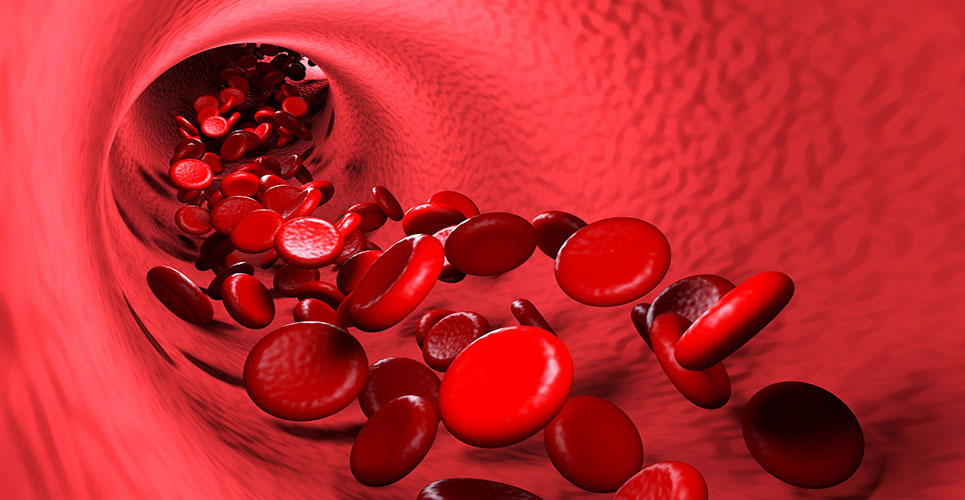teaser
Genzyme Corporation announced today that the European Commission has granted marketing authorisation for Mozobil (plerixafor). The treatment enhances the efficiency of stem cell mobilisation and collection for the purpose of autologous transplantation in patients with lymphoma and multiple myeloma.
“Mozobil has the potential to transform the field of stem cell transplantation,” said Mohamad Mohty, MD, PhD, Professor of Hematology and head of the Stem Cell Transplant Program at the University Hospital in Nantes, France. “This new treatment will allow more and more patients with yet incurable malignancies to confidently move on to a potentially life-saving autologous stem cell transplant.”
In the European Union, Mozobil is indicated in combination with granulocyte-colony stimulating factor (G-CSF), to release haematopoietic stem cells of patients with lymphoma and multiple myeloma whose cells mobilise poorly. It allows the cells to be transferred from the bone marrow into the bloodstream (a process known as mobilisation), where they can be collected. This makes it more likely for these patients to proceed to a successful transplantation.
Currently, before a transplant can take place, patients may receive a prescribed dose of chemotherapy and/or other growth factors like G-CSF to help mobilise their haematopoietic stem cells into the bloodstream. Once the cells are released into the bloodstream, they are collected in preparation for the transplant. In order for the transplant to take place, a minimum number of two million stem cells per kilogram of body weight must be collected, but physicians may seek to collect two and a half times more to allow for better outcomes. These collected cells are then infused back into the blood of the patients after the patients receive treatment with high-dose chemotherapy (given to eradicate malignant cells, but which also kills healthy blood-forming cells in the bone marrow).
For many patients, the process of stem cell collection, or aphaeresis, can take three or four hours over multiple days to complete. Even then, some patients are not able to mobilise enough cells, and a transplant is not possible, and thus the high dose chemotherapy treatment to eradicate the cancer cells is also not possible. In the EU, Mozobil is indicated for such patients, whose cells mobilise poorly. This means physicians can use Mozobil for the broad group of patients who are at risk of poor mobilisation – for example due to high exposure to chemotherapy or radiation, as well as for those who have previously failed conventional mobilisation. The treatment has been granted orphan drug status in the European Union and United States.
In addition to its expected benefits for patients with lymphoma and multiple myeloma, Mozobil may offer economic benefits for transplant centers. The therapy has the potential to decrease the number of aphaeresis sessions and therefore provide predictable and efficient use of aphaeresis centre resources. Mozobil may also reduce the number of patients who require a second mobilisation procedure due to a failure to mobilise sufficient numbers of cells with existing mobilisation regimens.

“There is strong interest among European physicians for Mozobil, and the broad adoption of the therapy under compassionate use demonstrates there is a clearly defined medical need for this treatment,” said Paula Soteropoulos, Genzyme Vice President and General Manager, Mozobil. “With today’s approval, we will move quickly to make this important therapy broadly available to the transplant community.”
More than 1000 patients in Europe have already received Mozobil through compassionate use programmes that began a little more than a year ago. These patients had failed to mobilise enough cells for transplantation using the current standards of care, or were predicted to fail mobilisation based on clinical laboratory indicators.
Mozobil was evaluated in two randomised, double-blind, placebo controlled, phase 3 studies in patients with non-Hodgkin’s lymphoma and multiple myeloma. Patients were given Mozobil plus G-CSF or placebo plus G-CSF. The studies found that Mozobil in combination with G-CSF increased the number of patients achieving both the minimum and target stem cell levels in fewer aphaeresis sessions; allowed more patients to proceed to transplant; and increased the predictability of aphaeresis stem cell yield and timing.
Year-long follow-up data also showed that the graft durability rates were comparable in the Mozobil plus G-CSF and placebo plus G-CSF trial arms.
Genzyme has filed applications for the approval of Mozobil in Argentina, Australia, Brazil, Israel, and Singapore, and additional applications are planned globally. In May 2009, Mozobil was launched in Mexico. Approximately 55,000 haematopoietic stem cell transplants are performed each year globally – 26.000 in Europe – for multiple myeloma, Hodgkin’s and non-Hodgkin’s lymphoma, and other conditions. Genzyme plans to also evaluate the use of Mozobil as part of the treatment for these conditions.
